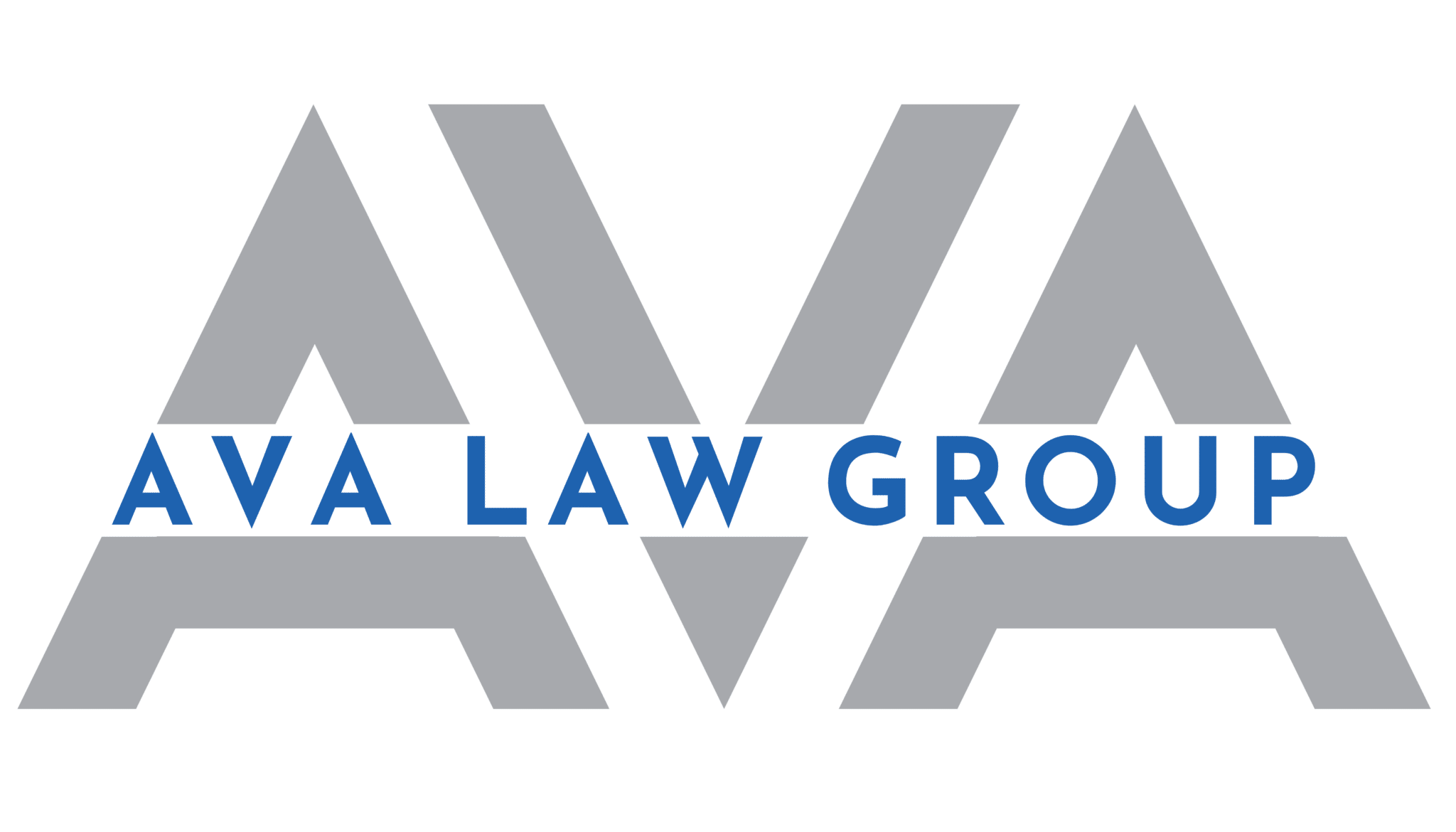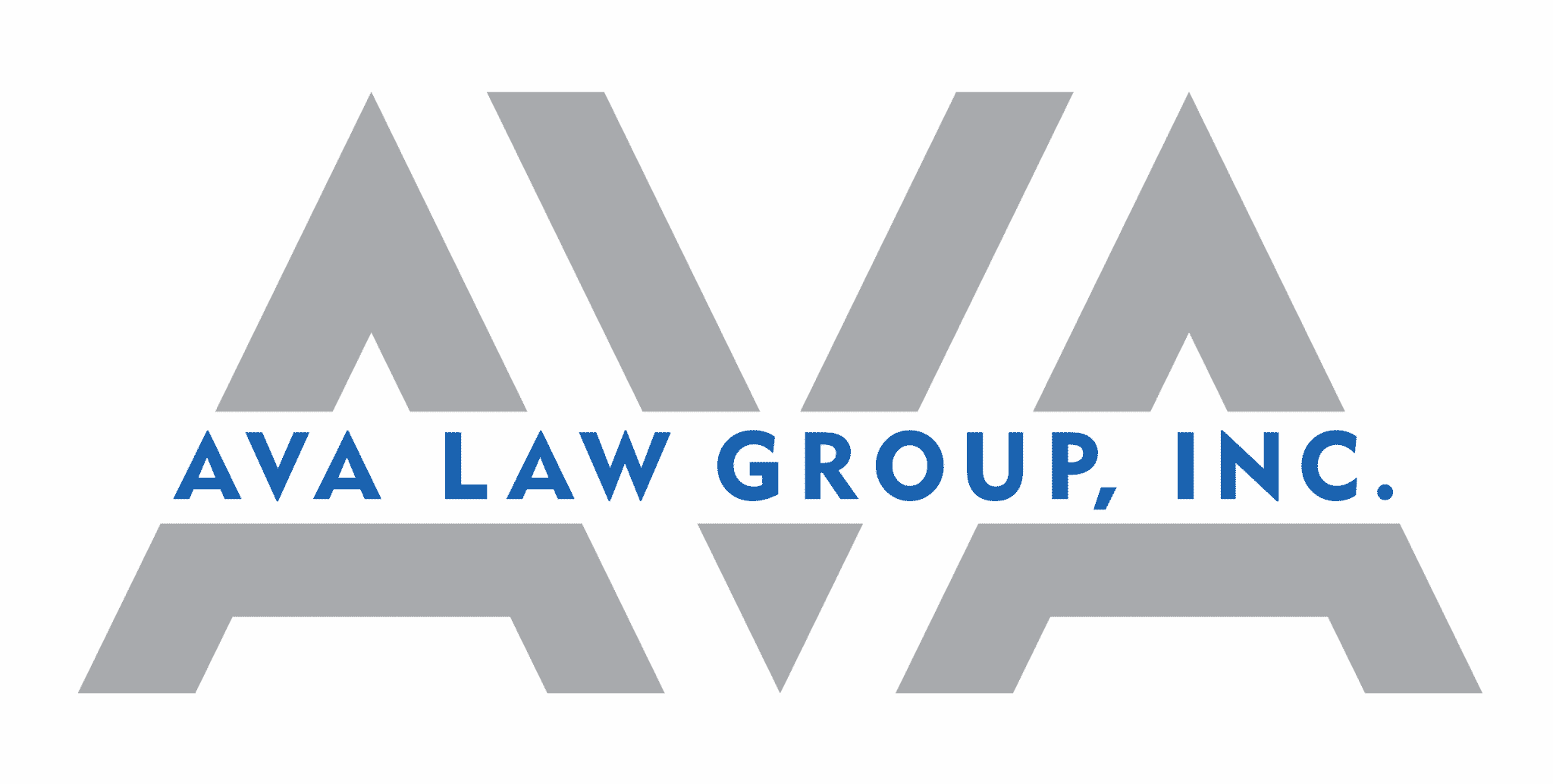A new study may confirm the risk of developing Fournier’s gangrene after taking diabetes drugs like Invokana. Fournier’s gangrene, a potentially life-threatening, flesh-eating genital infection, has allegedly caused the suffering of Invokana users according to lawsuits across the country.
JAMA Internal Medicine, a medical journal, recently published a research letter earlier this month that found an increased risk of Fournier’s gangrene among sodium-glucose contrasoperter-2 (SGLT-2) inhibitors. SGLT-2 inhibitors are a new class of diabetes drugs that help remove glucose from the body, including drugs like Invokana, Farxiga, and Jardiance. However, since Invokana, the first SGLT-2 inhibitor, was released to the market in 2013, researchers have been discovering numerous adverse health risks caused by Invokana and similar SGLT-2 inhibitors. In fact, the findings of this 2019 study confirm results first released by FDA researchers in 2018 that raised initial concerns about patients’ risk of developing Fournier’s gangrene from taking SGLT-2 inhibitors. JAMA analyzed the FDA’s 2018 findings of increased Fournier’s gangrene risk and published their evaluation in October 2018.
“Infections developed in all 12 patients within several months of starting an SGLT-2 inhibitor,” JAMA stated in their report. “All were hospitalized and required surgery that in some was disfiguring or resulted in complications. One patient died.”
JAMA indicated that there were likely far more cases of Fournier’s gangrene caused by Invokana and other SGLT-2 inhibitors than the FDA initially predicted.
However, though the risk of Fournier’s gangrene is present, the researchers of this most recent study indicate that the risk of infection does not outweigh the benefits of taking SGLT-2 inhibitors.
Invokana Lawsuits
After FDA researchers found an increased risk of patients developing Fournier’s gangrene after taking Invokana and similar drugs, the FDA ordered for new warning labels to be added to all SGLT-2 inhibitors, such as Invokana, Synjardy, Steglujan, etc. Previously, warning labels for serious side effects such as diabetic ketoacidosis, kidney failure, and amputation (specifically for Invokana) were added to SGLT-2 inhibitors’ packaging and information labels. When these drugs were first approved by the FDA, they did not carry warnings for any of these adverse side effects. As the first SGLT-2 inhibitor released to the market, Invokana manufacturers and sellers now face numerous lawsuits from injured Invokana users across the country. Invokana patients allege that Invokana manufacturers like Johnson & Johnson and Janssen were negligent in warning patients about the severe heath risks of taking Invokana, contributing to the injuries of patients across the country.


